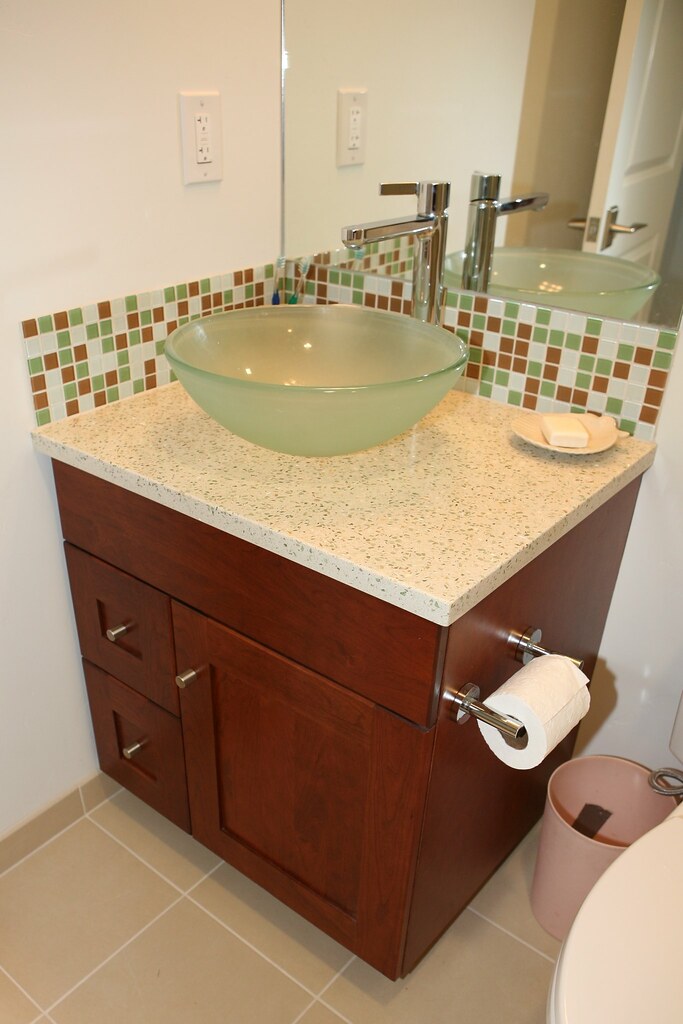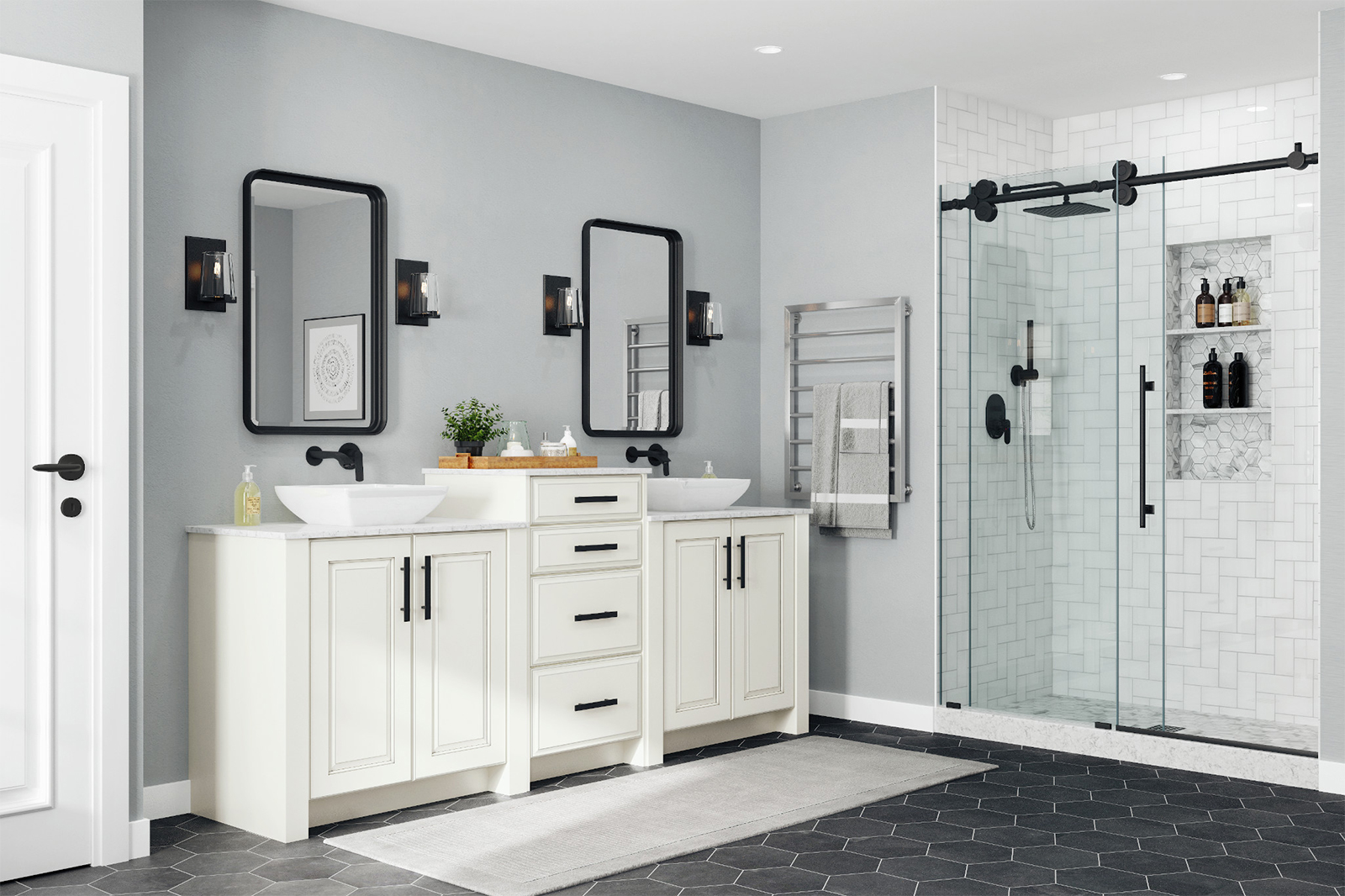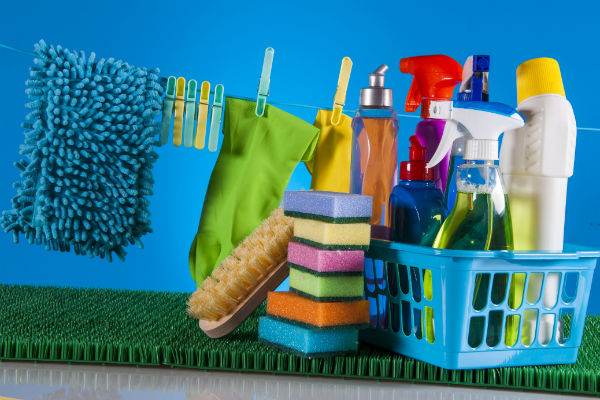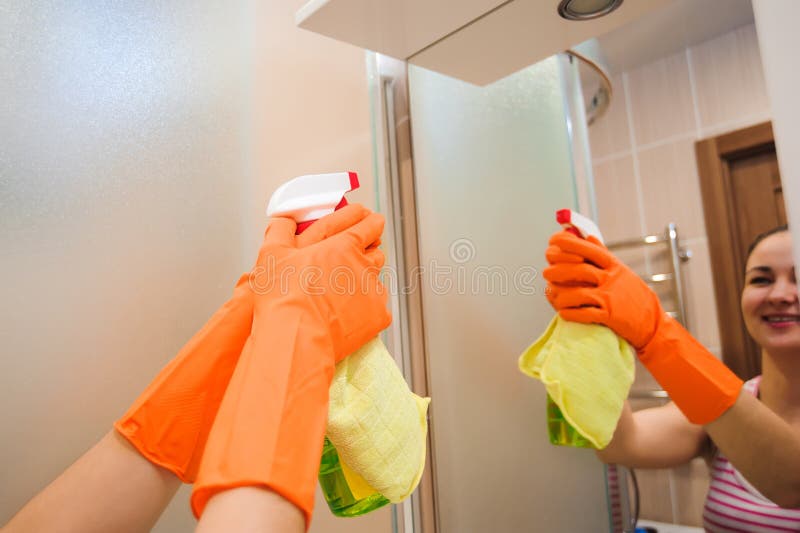Dealing with a clogged bathroom sink is never a pleasant experience. It can disrupt your daily routine and cause inconvenience. However, there are various effective ways to unclog a bathroom sink and get it running smoothly again. From natural remedies to professional services, here are the top 10 best ways to unclog your bathroom sink. Best ways to unclog bathroom sink
When it comes to unclogging a bathroom sink, there are several methods that have proven to be effective. One of the most common and easiest ways is by using a plunger. Simply place the plunger over the drain and plunge up and down vigorously. This will create pressure and help dislodge the clog. Another effective method is by using a drain snake. Insert the snake into the drain and twist it around to grab onto the clog and pull it out. Effective methods for unclogging bathroom sink
If you prefer using products to unclog your bathroom sink, there are plenty of options available in the market. One of the most popular and effective products is a chemical drain cleaner. These cleaners contain strong chemicals that can dissolve hair, soap scum, and other debris that may be causing the clog. Another product to consider is a drain auger, also known as a plumber's snake. This tool is designed to reach deep into the drain and dislodge any clogs. Top products for unclogging bathroom sink
If you prefer using natural remedies, there are plenty of options that can effectively unclog your bathroom sink without the use of harsh chemicals. One popular method is by using a combination of baking soda and vinegar. Simply pour half a cup of baking soda down the drain, followed by half a cup of vinegar. Let it sit for 15-20 minutes, then pour hot water down the drain to flush out the clog. Another natural remedy is by using a mixture of salt and hot water. This can help dissolve the clog and get your sink running smoothly again. Natural remedies for unclogging bathroom sink
If you're feeling handy, there are a few DIY solutions that can help unclog your bathroom sink. One method is by using a wet/dry vacuum. Simply set the vacuum to the liquid setting and place the nozzle over the drain. This will create suction and help pull out the clog. Another DIY solution is by using a wire hanger. Straighten out a wire hanger and create a small hook at the end. Insert it into the drain and use it to pull out any debris that may be causing the clog. DIY solutions for unclogging bathroom sink
If all else fails, it may be time to call in the professionals. A plumber will have the necessary tools and expertise to unclog your bathroom sink efficiently. They may also be able to identify and fix any underlying issues that may be causing frequent clogs. It may cost a bit more, but it will save you time and effort in the long run. Professional services for unclogging bathroom sink
Understanding the common causes of a clogged bathroom sink can help you prevent them in the future. Hair, soap scum, and toothpaste are some of the most common culprits. These can build up in the drain over time and cause a blockage. Another common cause is foreign objects such as jewelry or small toys that accidentally fall into the sink. Common causes of clogged bathroom sink
Prevention is always better than cure when it comes to unclogging a bathroom sink. One simple way to prevent clogs is by using a drain cover or strainer. This will catch any hair or debris before it goes down the drain. Regularly cleaning the drain with a mixture of baking soda and vinegar can also help prevent clogs. Avoid pouring grease or cooking oil down the drain, as it can solidify and cause clogs. How to prevent clogged bathroom sink
Having the right tools can make the unclogging process much easier. Some essential tools for unclogging a bathroom sink include a plunger, drain snake, and a wet/dry vacuum. You may also want to consider investing in a drain auger for tougher clogs. Keep these tools handy to deal with any clogs that may arise. Tools for unclogging bathroom sink
Regular maintenance is key to keeping your bathroom sink running smoothly. Avoid pouring any harsh chemicals down the drain as they can damage the pipes and cause clogs. Instead, use natural remedies or professional services when needed. Also, make sure to clean the sink regularly to prevent buildup of hair, soap scum, and other debris. By following these best practices, you can prevent frequent clogs and keep your bathroom sink in good condition for years to come. Best practices for maintaining bathroom sink
Why It's Important to Keep Your Bathroom Sink Unclogged

Prevent Water Damage
 Clogged bathroom sinks can lead to serious water damage if left untreated.
When water cannot properly drain, it can overflow and cause damage to your bathroom floor, walls, and cabinets. This can result in costly repairs and even mold growth, which can be harmful to your health. Keeping your bathroom sink unclogged is an important step in preventing water damage and maintaining the overall integrity of your house design.
Clogged bathroom sinks can lead to serious water damage if left untreated.
When water cannot properly drain, it can overflow and cause damage to your bathroom floor, walls, and cabinets. This can result in costly repairs and even mold growth, which can be harmful to your health. Keeping your bathroom sink unclogged is an important step in preventing water damage and maintaining the overall integrity of your house design.
Improve Functionality and Aesthetics
 An unclogged bathroom sink not only improves its functionality but also enhances the aesthetics of your bathroom.
A clogged sink can make it difficult to use and can be unsightly, especially if there is standing water or debris. By keeping your sink unclogged, you can ensure that it is always ready for use and contributes to the overall design and appeal of your bathroom.
An unclogged bathroom sink not only improves its functionality but also enhances the aesthetics of your bathroom.
A clogged sink can make it difficult to use and can be unsightly, especially if there is standing water or debris. By keeping your sink unclogged, you can ensure that it is always ready for use and contributes to the overall design and appeal of your bathroom.
Prevent Foul Odors
 A clogged bathroom sink can also lead to unpleasant odors in your bathroom.
The buildup of organic material and bacteria in a clogged sink can create a foul smell that can be difficult to get rid of. By regularly unclogging your bathroom sink, you can prevent these odors from developing and keep your bathroom smelling fresh and clean.
A clogged bathroom sink can also lead to unpleasant odors in your bathroom.
The buildup of organic material and bacteria in a clogged sink can create a foul smell that can be difficult to get rid of. By regularly unclogging your bathroom sink, you can prevent these odors from developing and keep your bathroom smelling fresh and clean.
Save Time and Money
 Unclogging your bathroom sink can save you time and money in the long run.
Constantly dealing with a clogged sink can be a frustrating and time-consuming task. It can also lead to the need for costly repairs or even replacement of your sink. By taking the time to properly unclog your sink, you can avoid these issues and save yourself both time and money.
In conclusion,
keeping your bathroom sink unclogged is an important aspect of maintaining a functional and visually appealing house design. It can prevent water damage, improve functionality and aesthetics, prevent foul odors, and save you time and money. By following the proper steps and using the best techniques, you can easily keep your bathroom sink unclogged and avoid any potential issues.
Unclogging your bathroom sink can save you time and money in the long run.
Constantly dealing with a clogged sink can be a frustrating and time-consuming task. It can also lead to the need for costly repairs or even replacement of your sink. By taking the time to properly unclog your sink, you can avoid these issues and save yourself both time and money.
In conclusion,
keeping your bathroom sink unclogged is an important aspect of maintaining a functional and visually appealing house design. It can prevent water damage, improve functionality and aesthetics, prevent foul odors, and save you time and money. By following the proper steps and using the best techniques, you can easily keep your bathroom sink unclogged and avoid any potential issues.





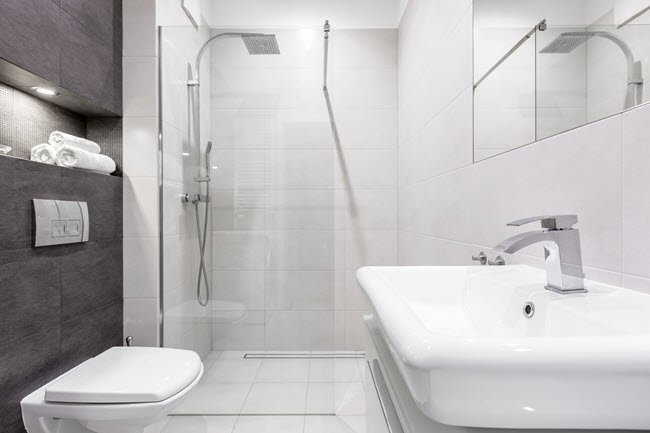




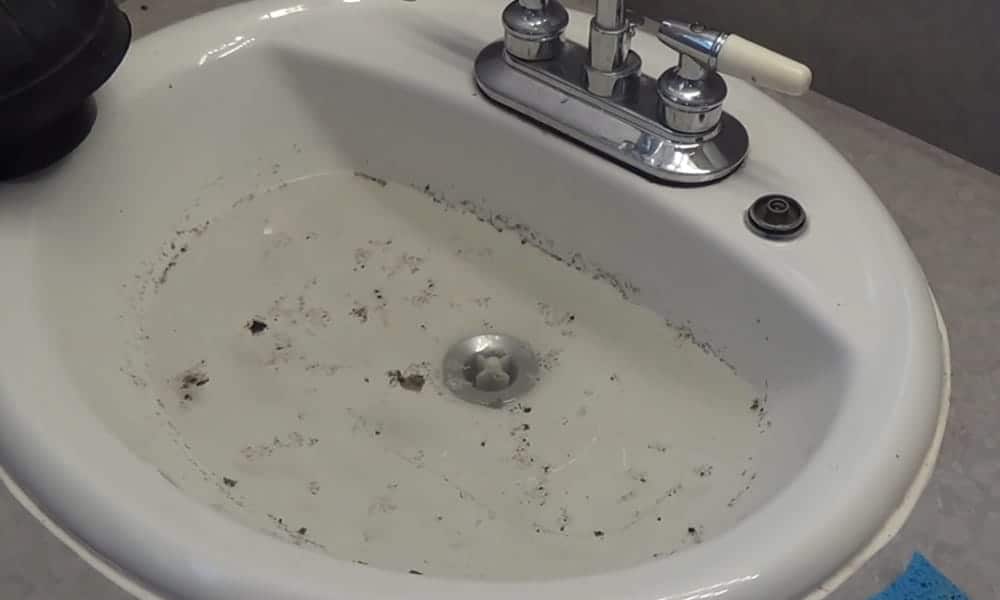







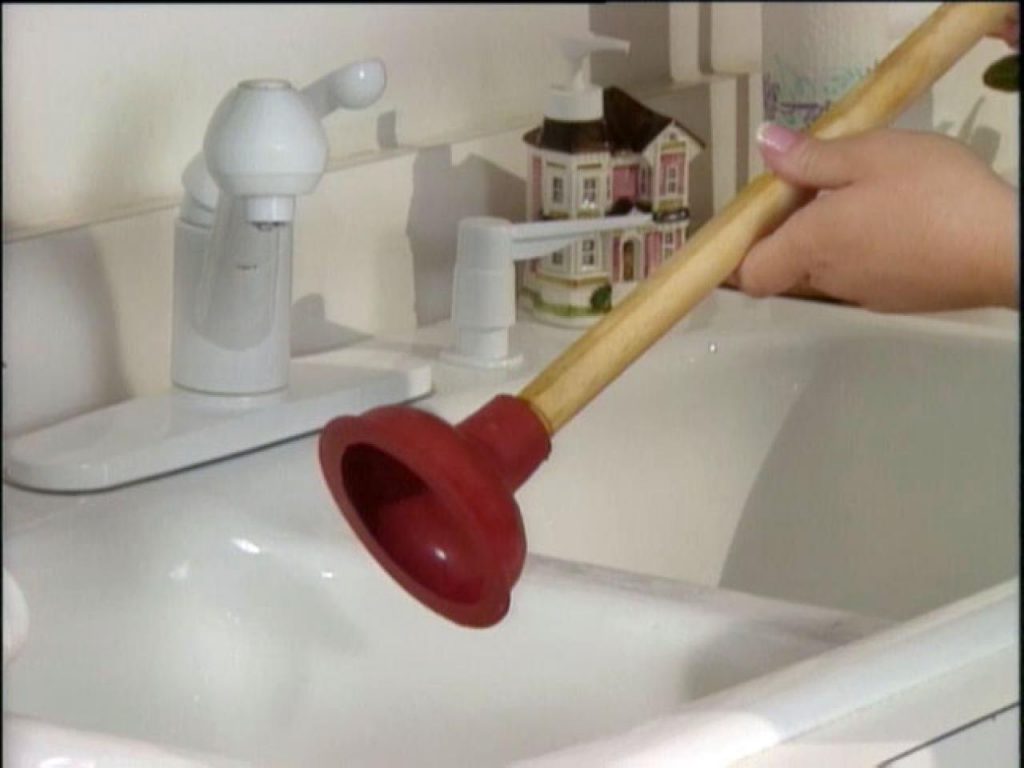
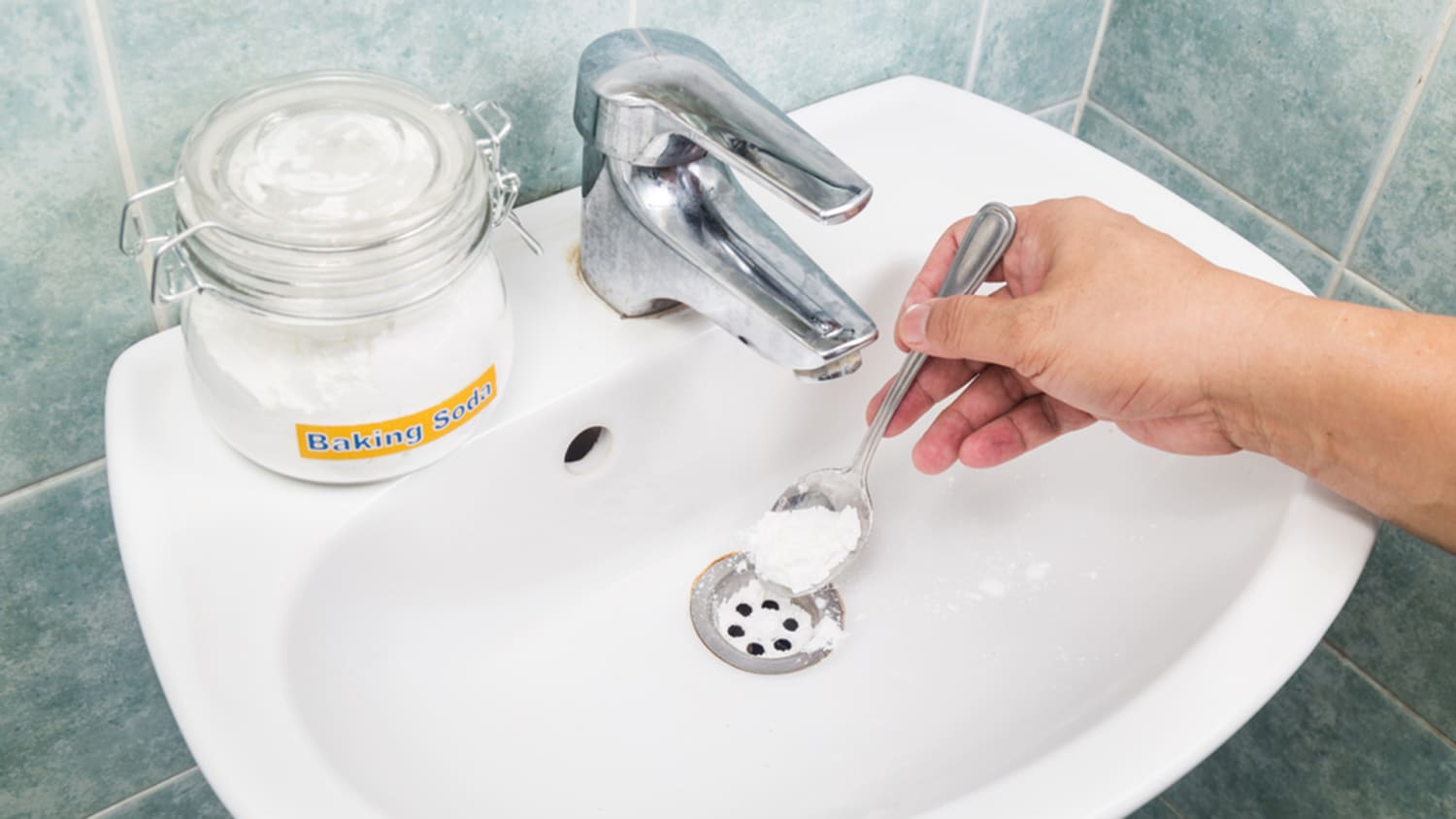





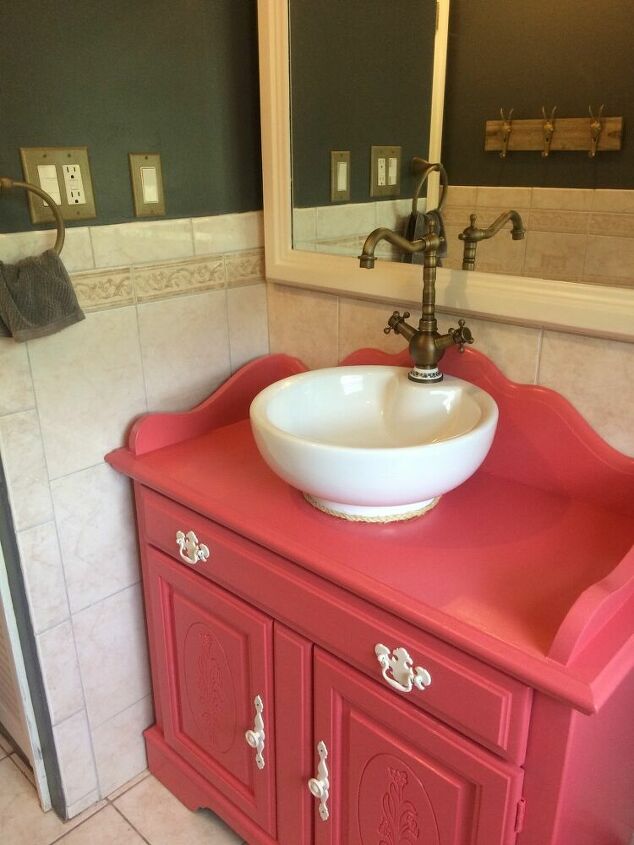






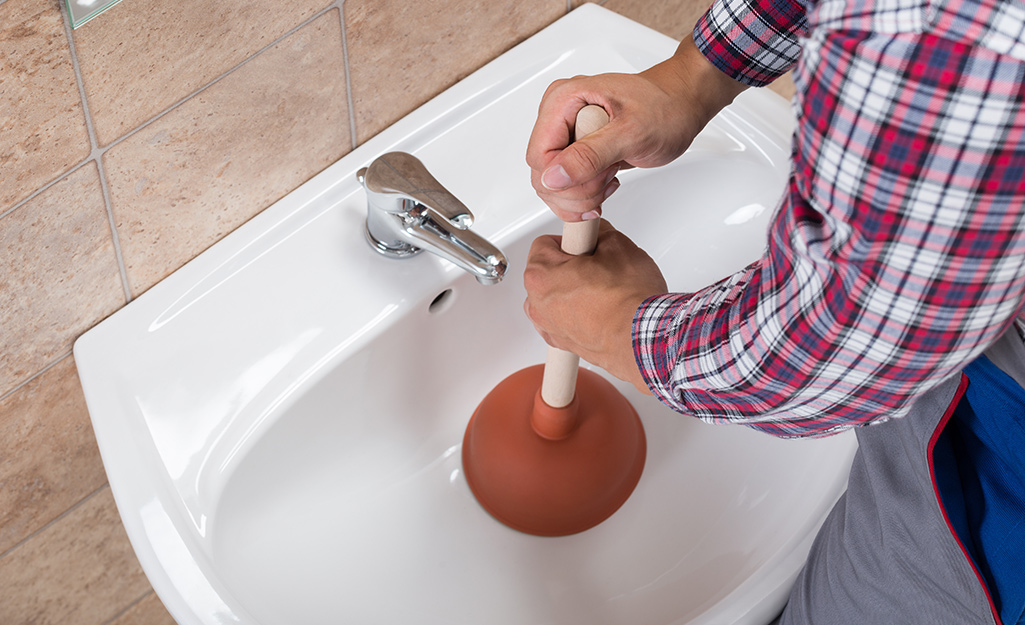

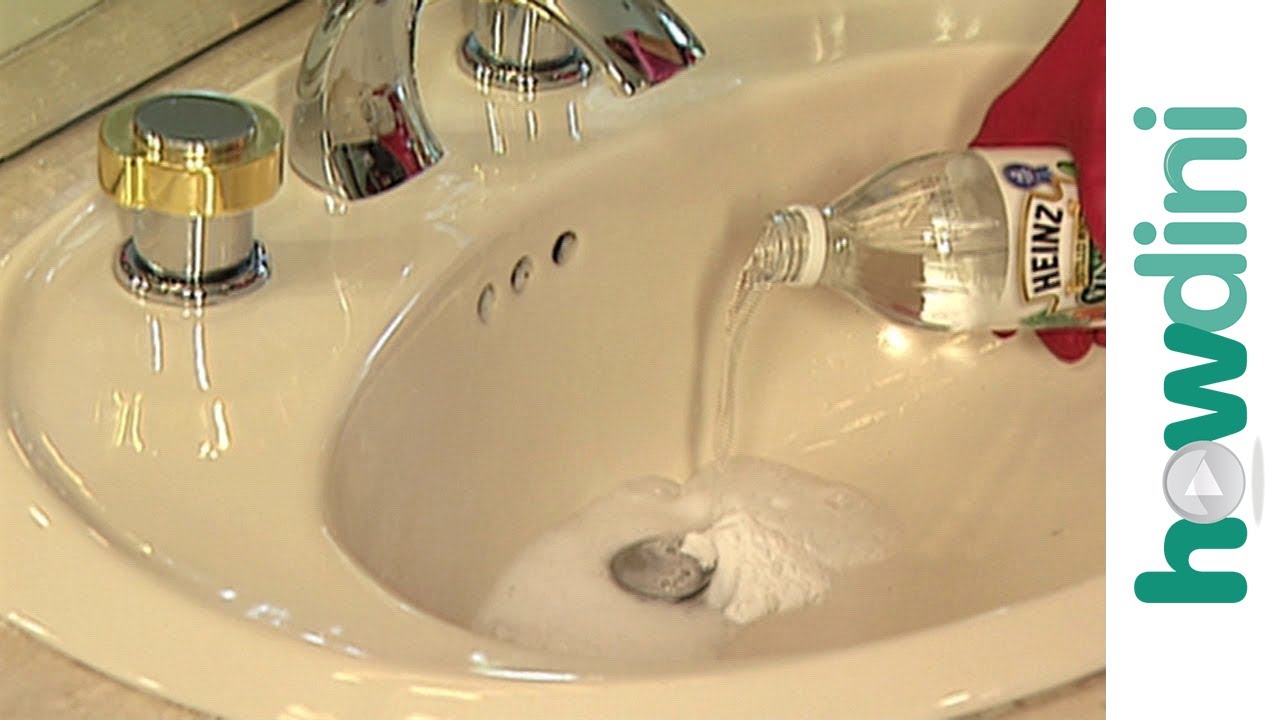















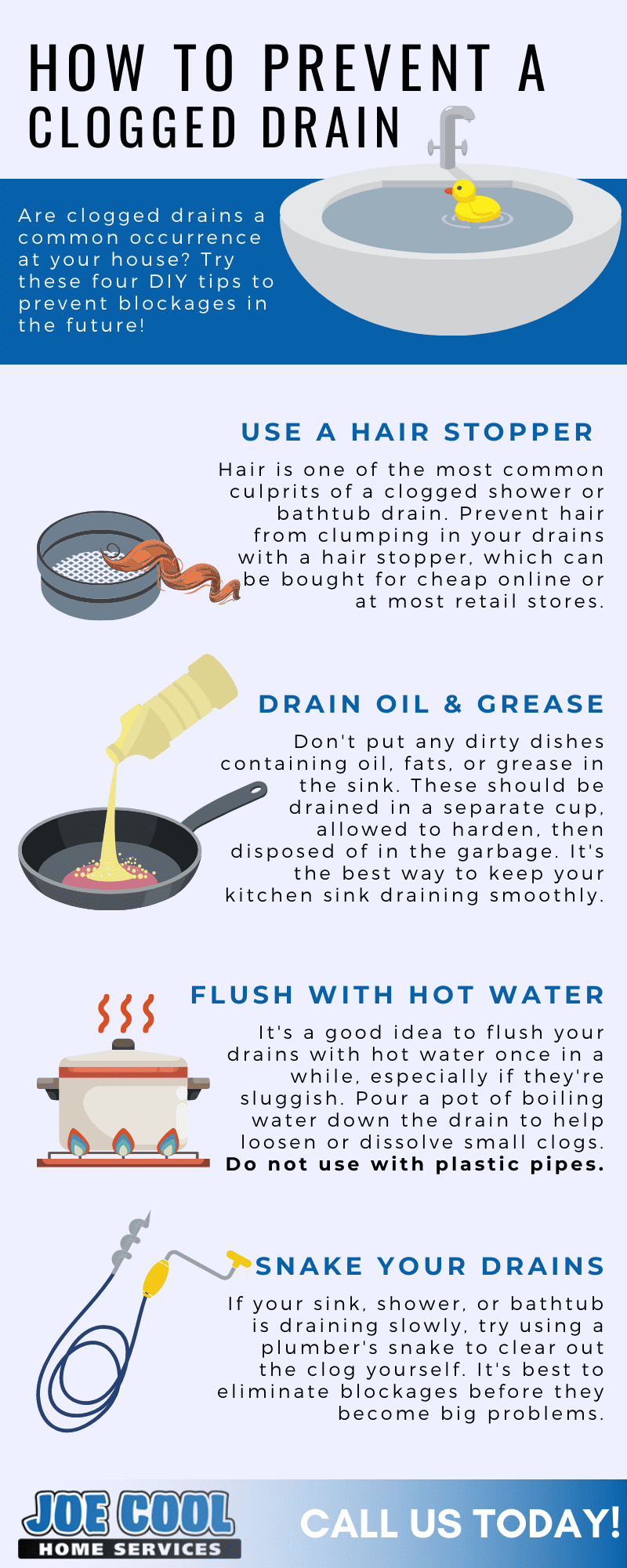





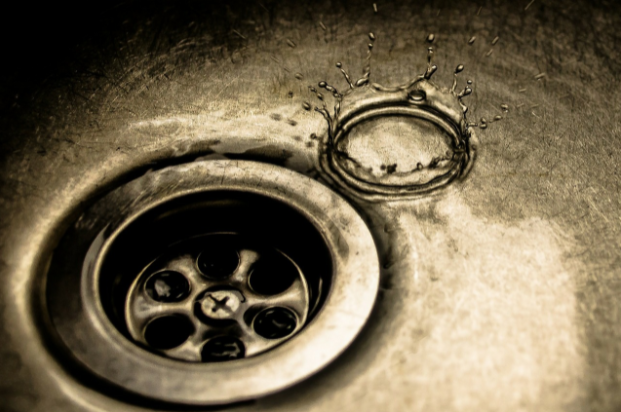


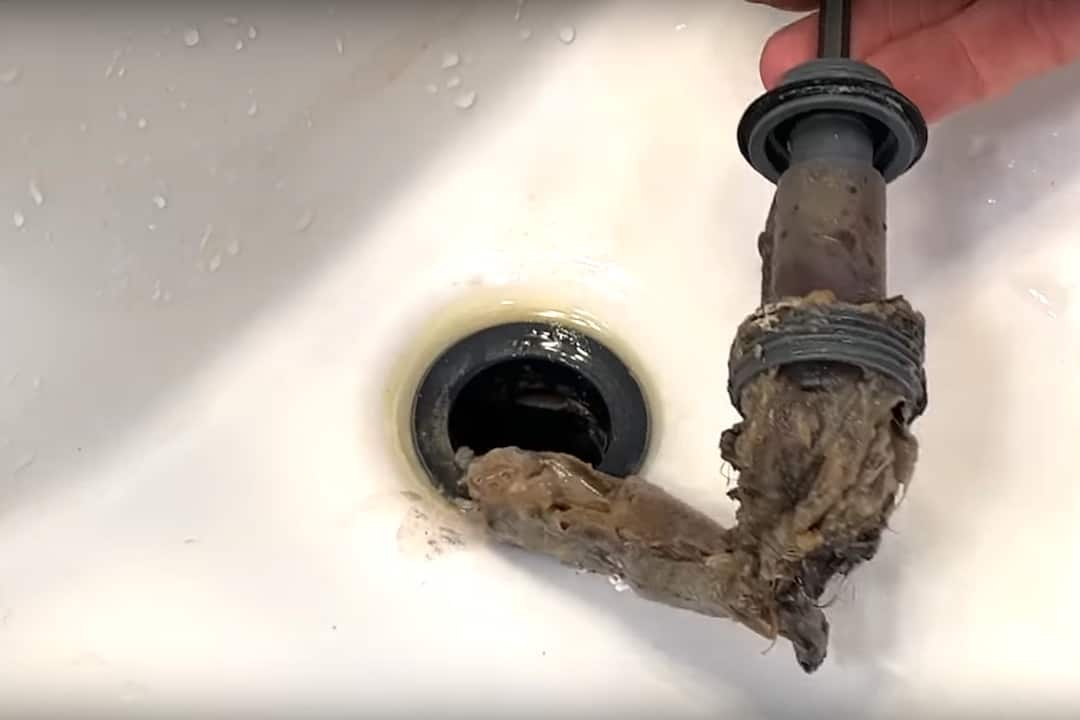






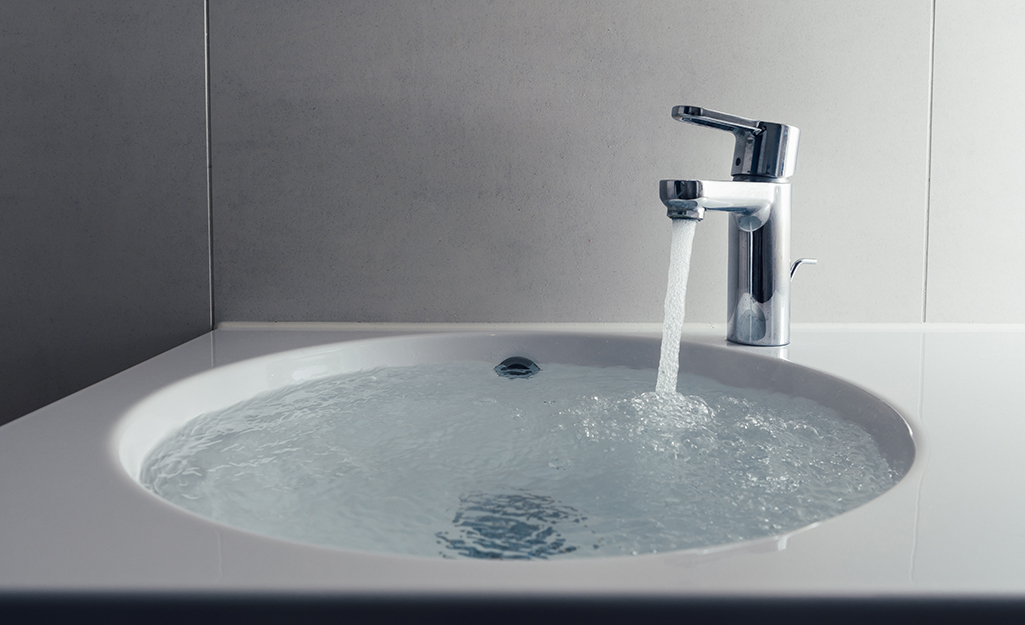

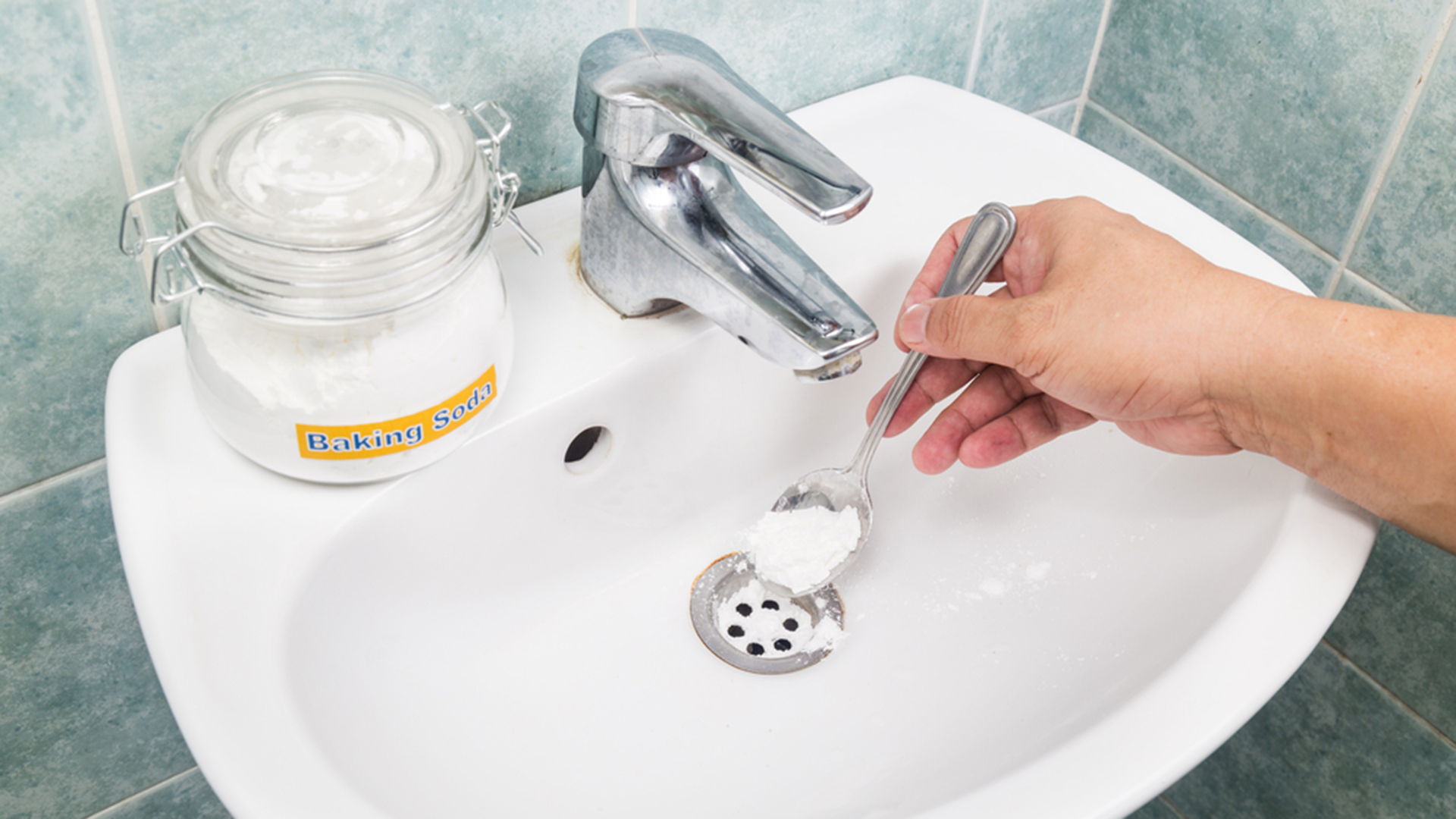
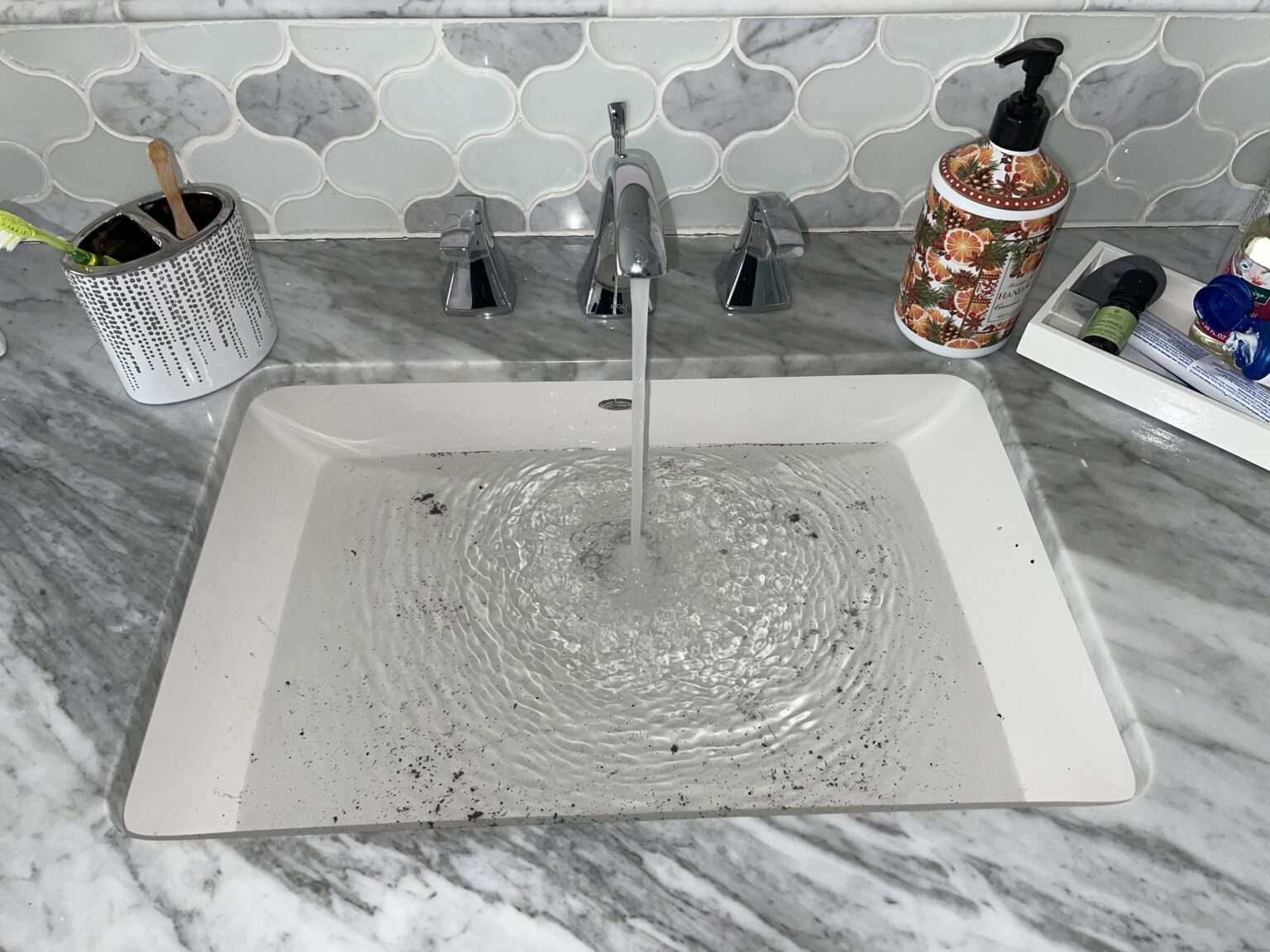


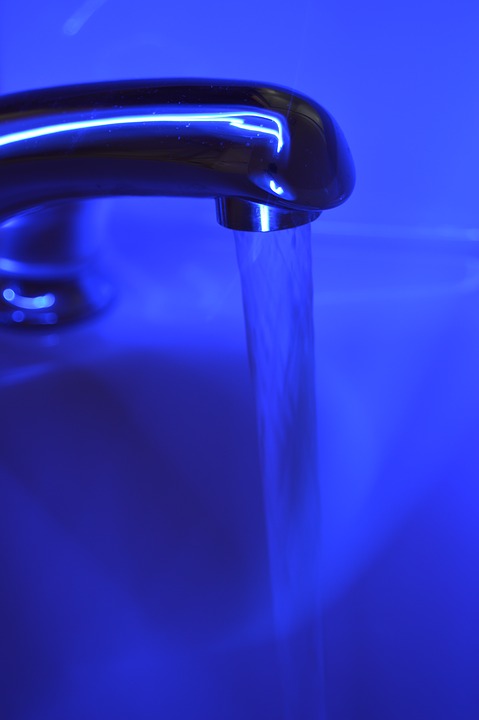
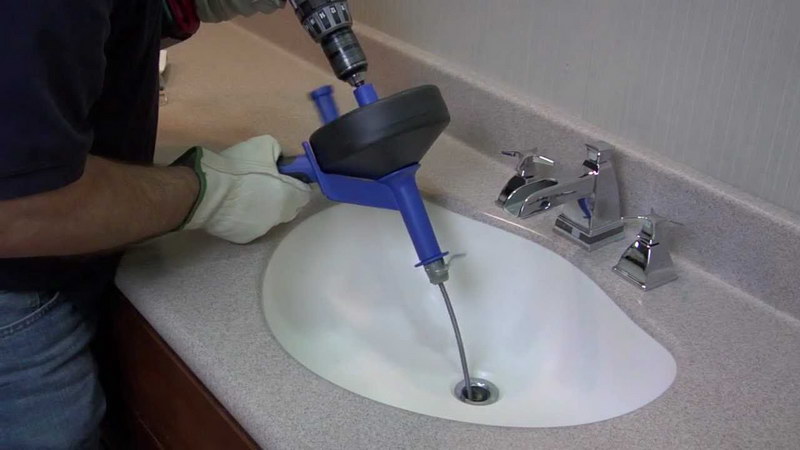
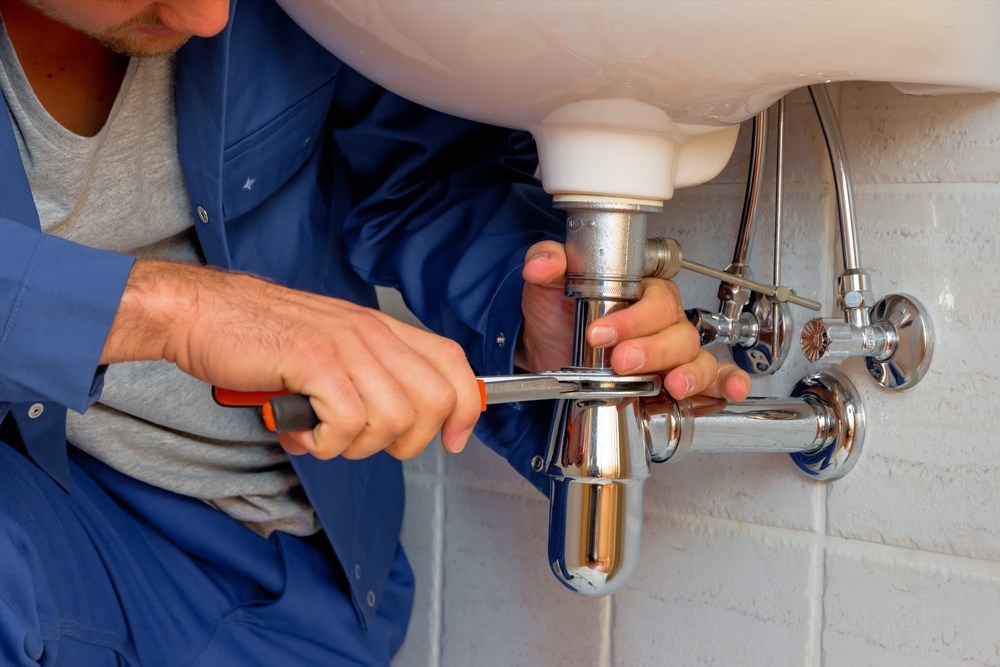
:max_bytes(150000):strip_icc()/how-to-unclog-a-kitchen-sink-2718799_sketch_FINAL-6d86f43bcb464f8ca5b61f240c2d8bf9.png)

